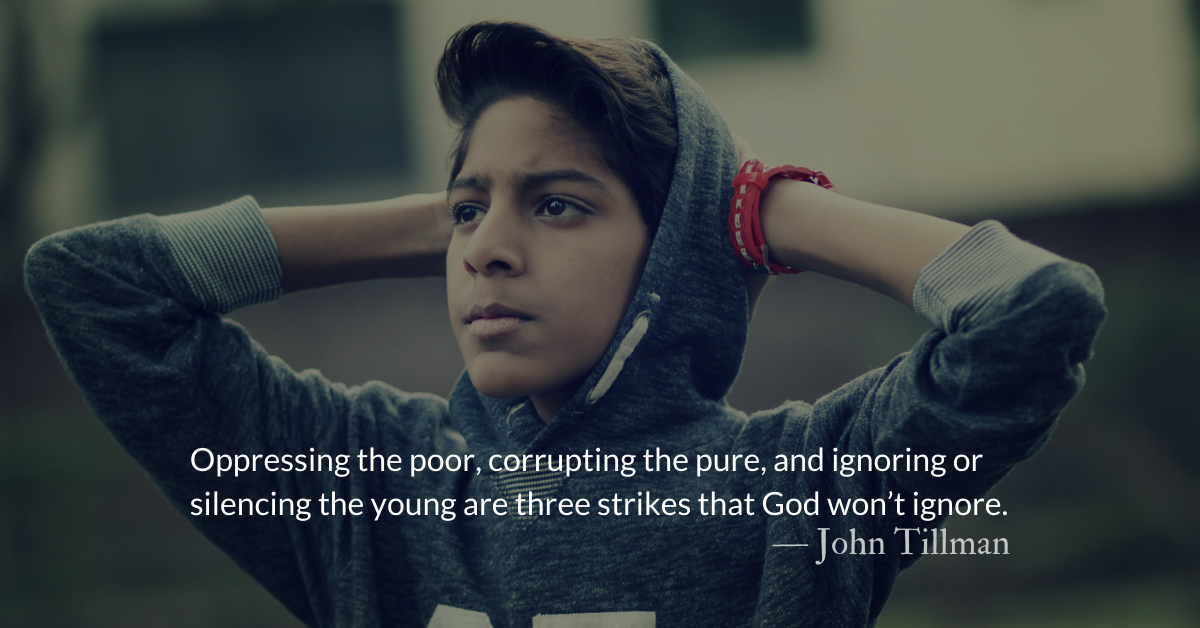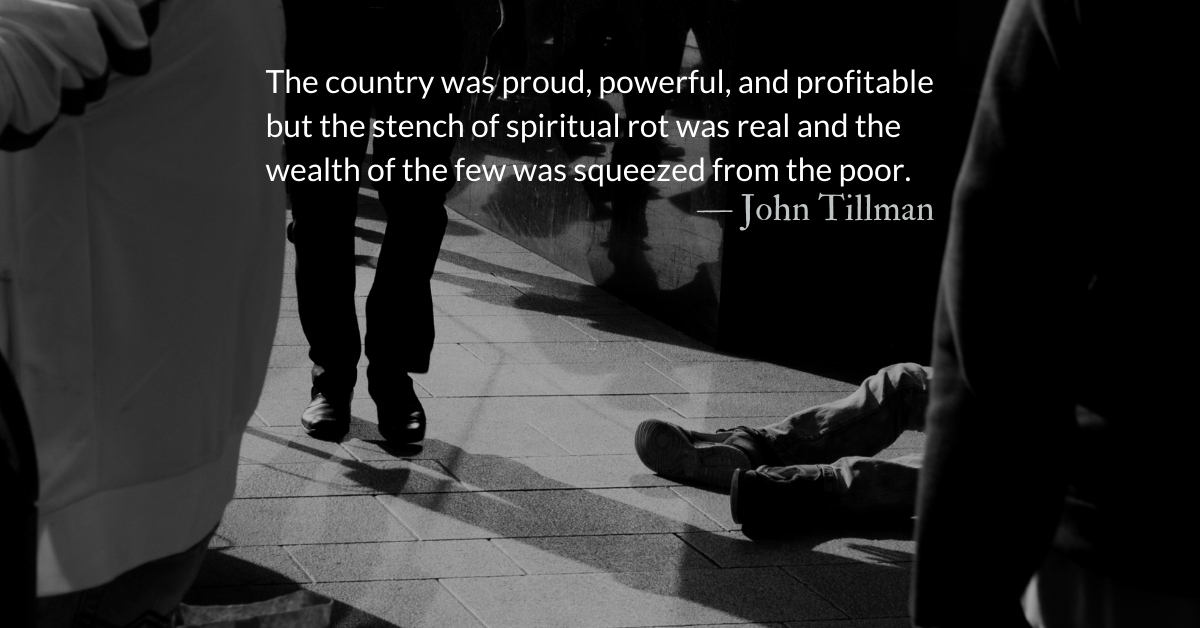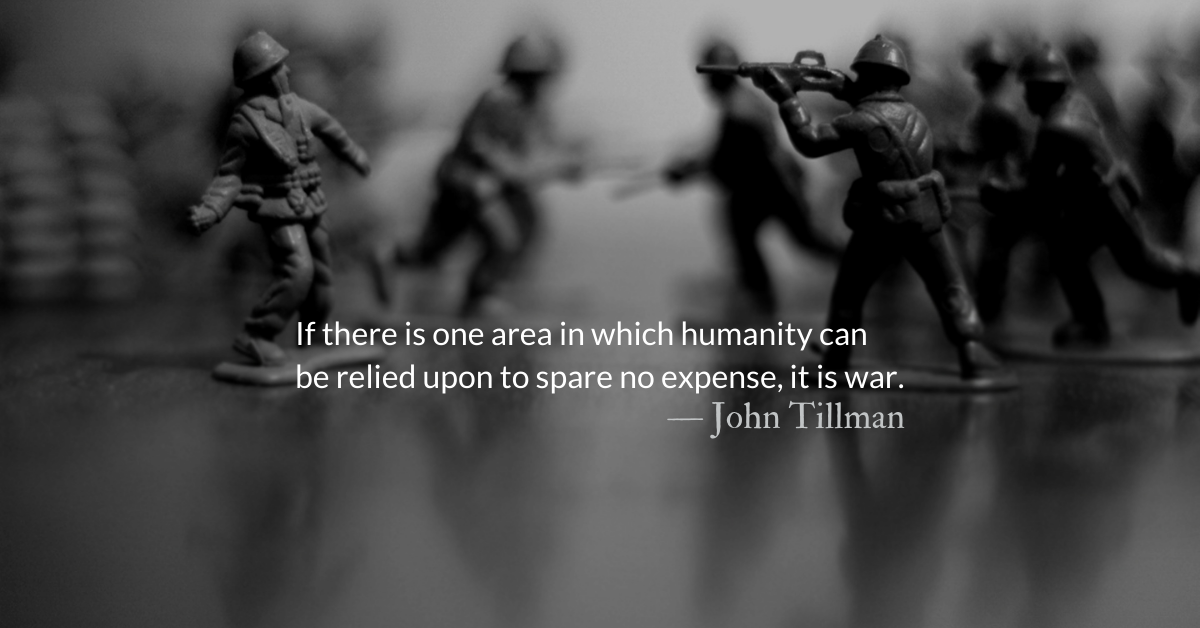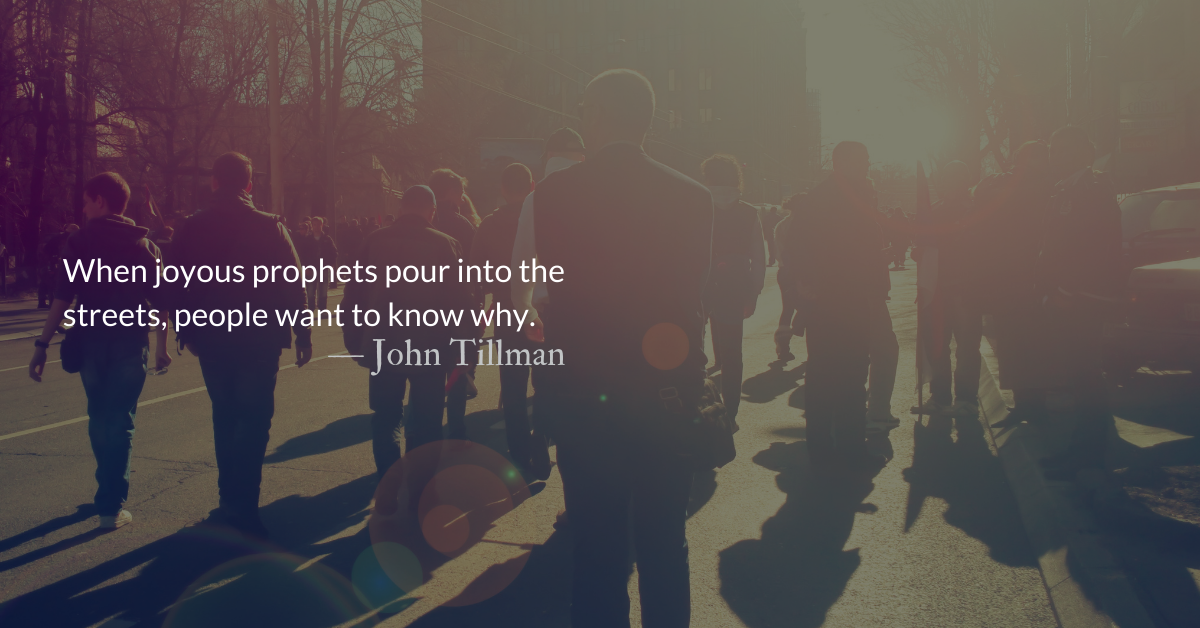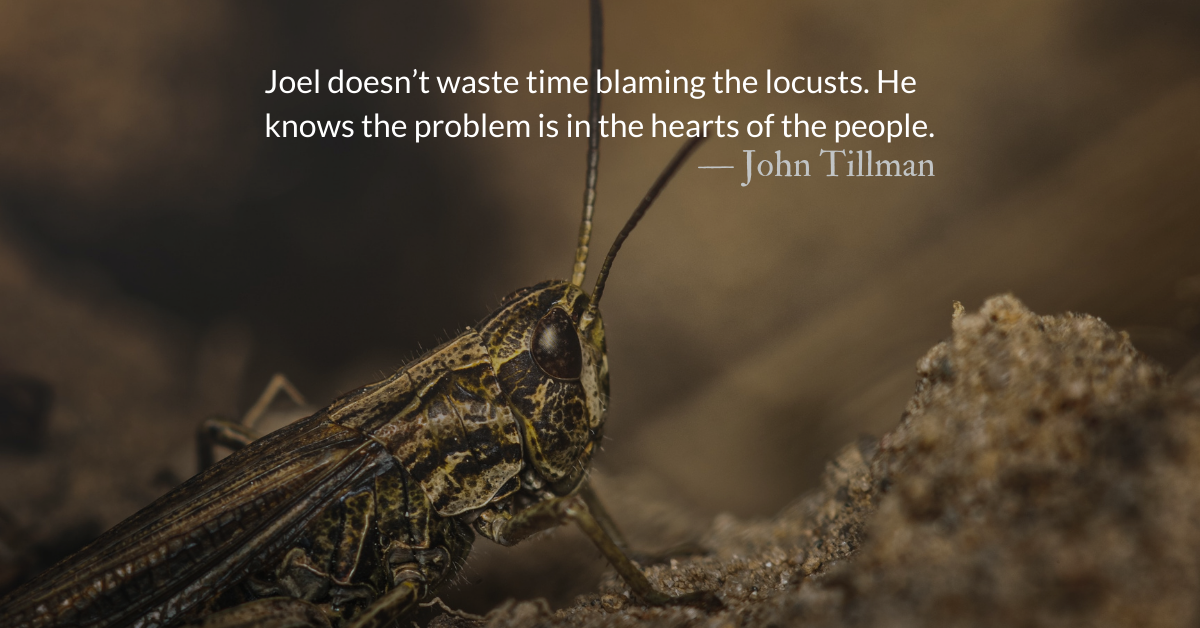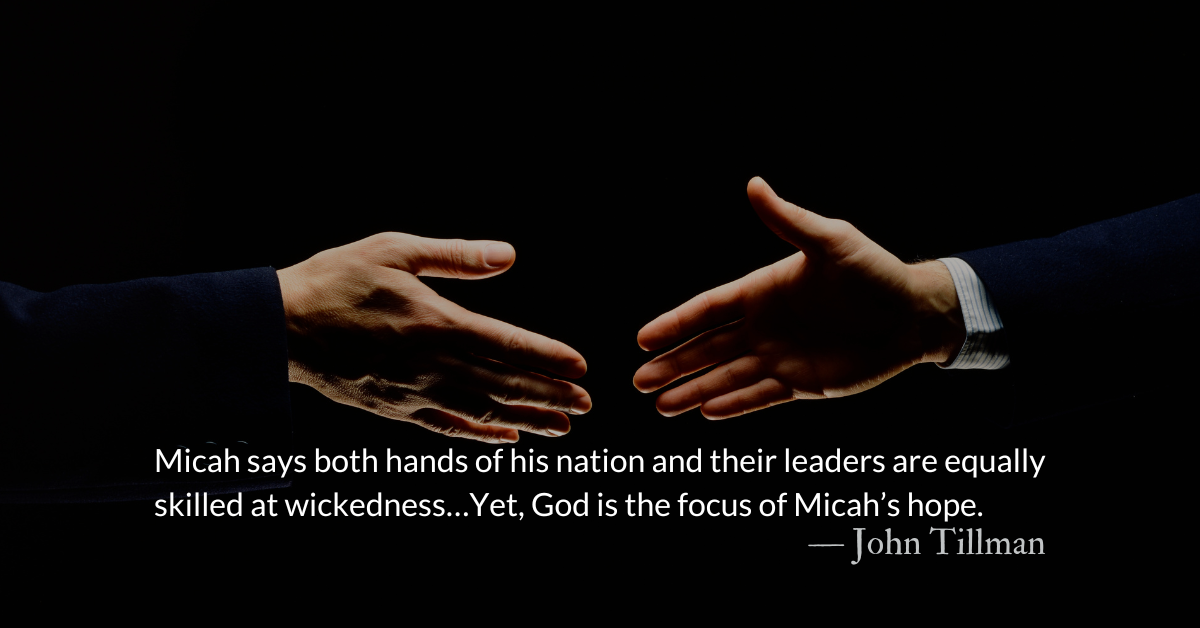Scripture Focus: Amos 2.6-7; 11-12
6 This is what the LORD says:
“For three sins of Israel,
even for four, I will not relent.
They sell the innocent for silver,
and the needy for a pair of sandals.
7 They trample on the heads of the poor
as on the dust of the ground
and deny justice to the oppressed.
11 “I also raised up prophets from among your children
and Nazirites from among your youths.
Is this not true, people of Israel?”
declares the Lord.
12 “But you made the Nazirites drink wine
and commanded the prophets not to prophesy.
Reflection: Three Strikes
By John Tillman
Amos, after laying out prophecies against the enemies of Israel, turns around and lays into Israel for her own sins. Amos shines a spotlight on the treatment of the poor.
It is one thing for there to be poor people among us. Jesus told us this would always be so. It is another to collectively refuse to do the God-commanded work of helping them. It is another to sell them for one’s own profit. It is another to live a life of ease that is funded by oppressing the poor and ensuring they remain so. The prosperous nation is held collectively responsible for the abuse and oppression of the poor.
Amos also condemns Israel for not listening to the young Nazarites and prophets he sent.
Nazarites made special vows of devotion to God, including abstaining from wine and from cutting the hair. This could be a lifelong commitment or only a few days. Paul seems to have completed a Nazarite vow in Acts (Acts 18.18) and it may have been a Nazarite vow he was participating in when he was arrested. (Acts 21.20-30)
Nazarites were not always prophets but were those who were dedicating themselves to God for a special purpose. Amos condemns Israel for working to tempt the Nazarites to break their vows.
The prophets, the Israelites did not tempt, they simply told them to be quiet. These reactions may have been the result of the prophets and Nazarites being “children” and “youths.” God specifically moved among the young people of the land and the older generation did not take them seriously. They dismissed their words and corrupted their devotion to God.
At the height of her power, Israel strikes out with God by ignoring three groups God cares greatly about: the poor, the pure, and the young.
Oppressing the poor, corrupting the pure, and ignoring or silencing the young are three strikes that God won’t ignore.
Let us pray that these will not be strikes against us.
May we rise up from couches of comfort built on the backs of the poor and help them.
May we not corrupt the principles of the pure with our jaded cynicism.
May we listen to the passionate voices of the youth that God moves to speak out. May we listen rather than silence them.
Give us ears to hear and feet and hands to obey.
Divine Hours Prayer: The Call to Prayer
Come now and see the works of God, how wonderful he is in his doing toward all people. — Psalm 66.4
– Divine Hours prayers from The Divine Hours: Prayers for Autumn and Wintertime by Phyllis Tickle
Today’s Readings
Amos 2(Listen – 2:12)
Psalm 145 (Listen – 2:19)
This Weekend’s Readings
Amos 3(Listen – 2:11), Psalm 146-147 (Listen – 3:09)
Amos 4(Listen – 2:21), Psalm 148-150 (Listen – 3:04)
Read more about The Church, Politics, and the Future
If our political goals are to ease our own suffering, they have nothing to do with living out the gospel.
Read more about Spiritual Vigilance Needed :: Worldwide Prayer
The dangers of spiritual life are more subtle than a home invasion—and more dangerous.

